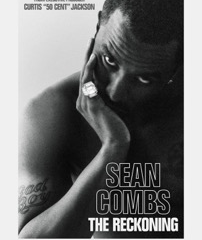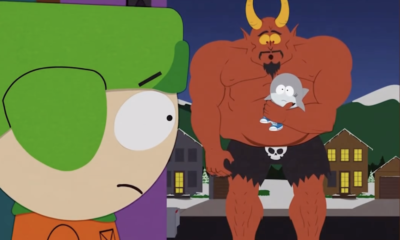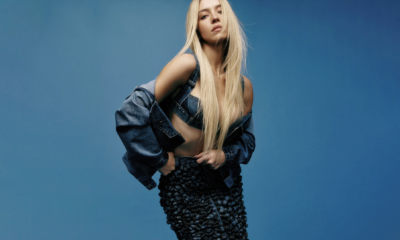Entertainment
Cassie Ventura Takes the Stand: Explosive Testimony Rocks Diddy Sex Trafficking Trial
NEW YORK, May 13, 2025 – The federal trial of Sean “Diddy” Combs entered a dramatic new phase as his former partner, singer Casandra “Cassie” Ventura, delivered harrowing testimony about years of alleged abuse and coercion, providing jurors with a firsthand account at the center of the government’s sex trafficking and racketeering case against the hip-hop mogul.
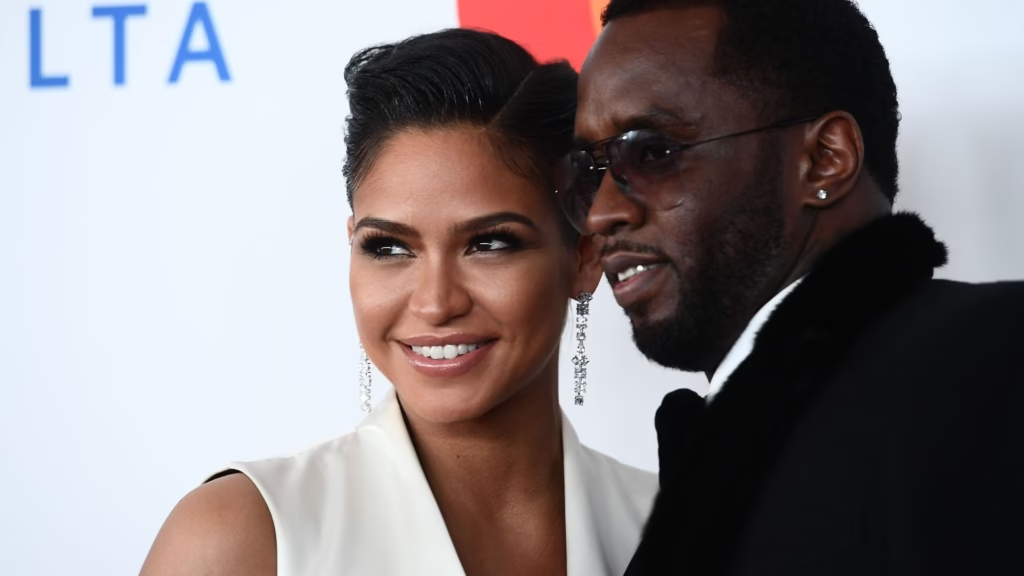
Cassie’s Testimony: Violence, Control, and “Freak Offs”
Taking the stand Tuesday morning, Ventura described a decade-long relationship with Combs marked by frequent violence and psychological manipulation. “He would bash my head, knock me down, drag me, kick me, stomp me in the head if I was down,” Ventura told the court, recounting incidents that spanned from 2007 to 2018. She said Combs exercised total control over her life and forced her into “freak offs”-drug-fueled sex parties with paid escorts-under threat of violence or emotional retaliation..
Ventura testified that she first participated in a “freak off” at age 22, unable to refuse due to Combs’ dominance and her own desire to please him. “He called all of the shots,” she said, adding that she often felt confused, anxious, and powerless.
Key Evidence: 2016 Hotel Video
Jurors were shown surveillance footage from March 2016 that appeared to corroborate Ventura’s claims. The video showed Combs physically attacking Ventura in a Los Angeles hotel, forcefully pushing her to the ground, kicking her, and dragging her across the floor. The footage, which first surfaced publicly in 2024, was described by prosecutors as a clear example of the violence at the heart of the case.
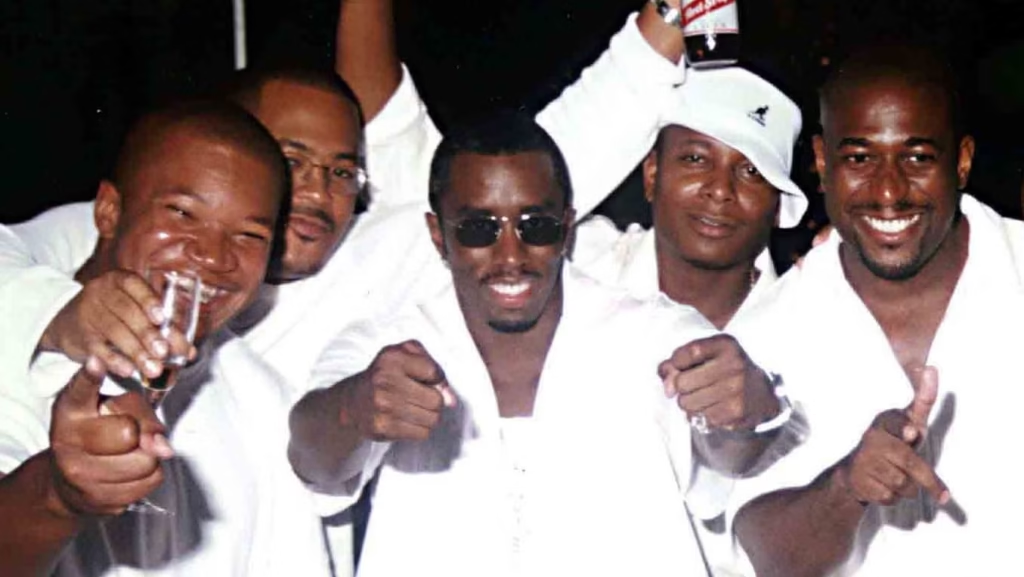
Additional Witnesses and Testimony
Daniel Phillip, a male escort, also testified that he was paid to have sex with Ventura at Combs’ direction and witnessed Combs physically assault her. Phillip described an incident where Combs threw a liquor bottle and dragged Ventura by her hair into a bedroom after she hesitated to comply with his instructions. On cross-examination, the defense questioned the accuracy of Phillip’s account, but he maintained that Combs was attempting to orchestrate further sexual activity.
The Prosecution and Defense Strategies
Prosecutors allege that Combs used his celebrity and resources to operate a criminal enterprise that trafficked and exploited women, using violence, blackmail, and drugs to maintain control. They claim he recorded sexual encounters to coerce silence from his victims.
The defense acknowledges that Combs’ relationships were sometimes violent but insists all sexual activity was consensual, characterizing his lifestyle as that of a “swinger” rather than a trafficker. Defense attorneys argue that the allegations are exaggerated and motivated by financial gain.
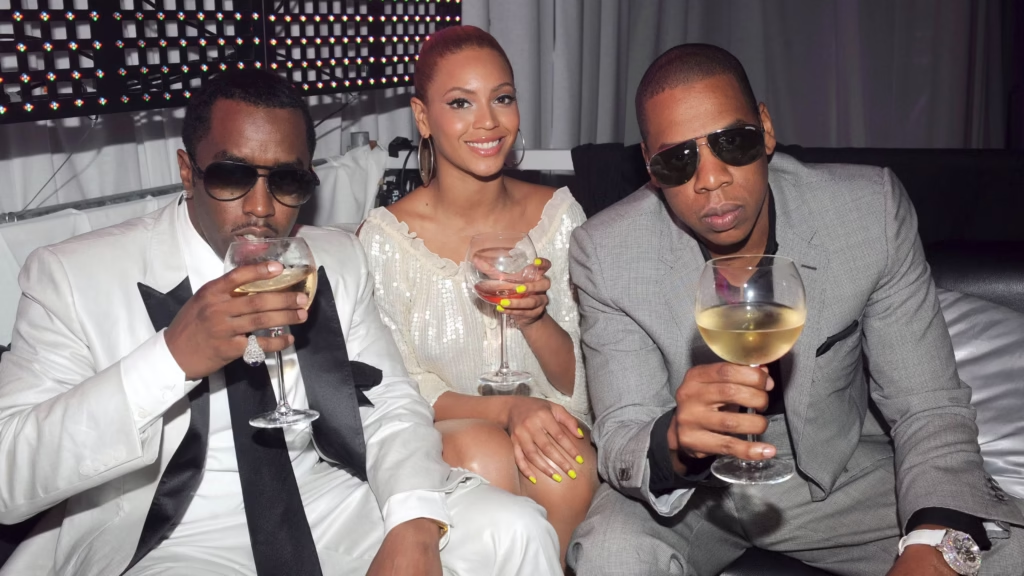
What’s Next in the Trial
The trial, overseen by District Judge Arun Subramanian, is expected to last several weeks and will feature testimony from multiple alleged victims and former employees. Combs, who has pleaded not guilty to all charges, faces up to life in prison if convicted.
The Broader Context
The case against Combs comes after a wave of lawsuits and a federal investigation that led to his arrest in September 2024. Cassie Ventura’s 2023 civil lawsuit-settled one day after filing-helped spark the current criminal proceedings. More than 50 lawsuits alleging sexual assault have since been filed against Combs.
In Their Own Words
“He would bash my head, knock me down, drag me, kick me, stomp me in the head if I was down.”
As the trial continues, the testimony of Cassie Ventura and other witnesses will be pivotal in determining whether the jury finds the music mogul guilty of the sweeping charges that have upended his career and legacy.

Bolanle Media covers a wide range of topics, including film, technology, and culture. Our team creates easy-to-understand articles and news pieces that keep readers informed about the latest trends and events. If you’re looking for press coverage or want to share your story with a wider audience, we’d love to hear from you! Contact us today to discuss how we can help bring your news to life
Entertainment
What We Can Learn Inside 50 Cent’s Explosive Diddy Documentary: 5 Reasons You Should Watch
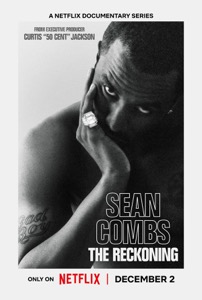
50 Cent’s new Netflix docuseries about Sean “Diddy” Combs is more than a headline-grabbing exposé; it is a meticulous breakdown of how power, celebrity, and silence can collide in the entertainment industry.
Across its episodes, the series traces Diddy’s rise, the allegations that followed him for years, and the shocking footage and testimonies now forcing a wider cultural reckoning.
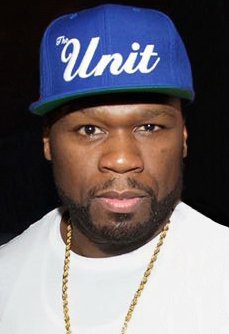
1. It Chronicles Diddy’s Rise and Fall – And How Power Warps Reality
The docuseries follows Combs from hitmaker and business icon to a figure facing serious criminal conviction and public disgrace, mapping out decades of influence, branding, and behind-the-scenes behavior. Watching that arc shows how money, fame, and industry relationships can shield someone from scrutiny and delay accountability, even as disturbing accusations accumulate.
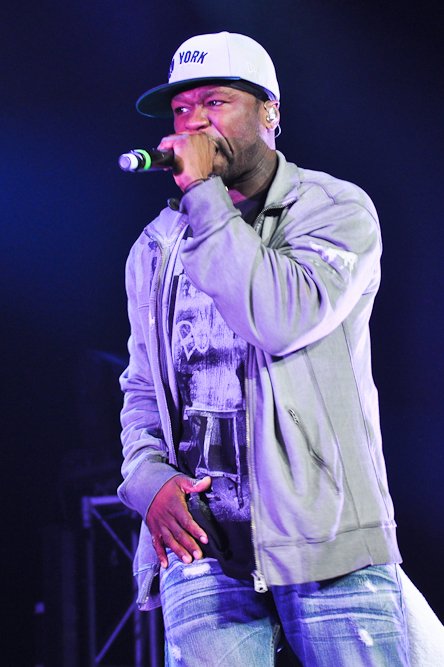
2. Never-Before-Seen Footage Shows How Narratives Are Managed
Exclusive footage of Diddy in private settings and in the tense days around his legal troubles reveals how carefully celebrity narratives are shaped, even in crisis.
Viewers can learn to question polished statements and recognize that what looks spontaneous in public is often the result of strategy, damage control, and legal calculation.
3. Survivors’ Stories Highlight Patterns of Abuse and Silence
Interviews with alleged victims, former staff, and industry insiders describe patterns of control, fear, and emotional or physical harm that were long whispered about but rarely aired in this detail. Their stories underline how difficult it is to speak out against a powerful figure, teaching viewers why many survivors delay disclosure and why consistent patterns across multiple accounts matter.
4. 50 Cent’s Approach Shows Storytelling as a Tool for Accountability
As executive producer, 50 Cent uses his reputation and platform to push a project that leans into uncomfortable truths rather than protecting industry relationships. The series demonstrates how documentary storytelling can challenge established power structures, elevate marginalized voices, and pressure institutions to respond when traditional systems have failed.
5. The Cultural Backlash Reveals How Society Handles Celebrity Accountability
Reactions to the doc—ranging from people calling it necessary and brave to others dismissing it as a vendetta or smear campaign—expose how emotionally invested audiences can be in defending or condemning a famous figure. Watching that debate unfold helps viewers see how fandom, nostalgia, and bias influence who is believed, and why conversations about “cancel culture” often mask deeper questions about justice and who is considered too powerful to fall.
Entertainment
South Park’s Christmas Episode Delivers the Antichrist
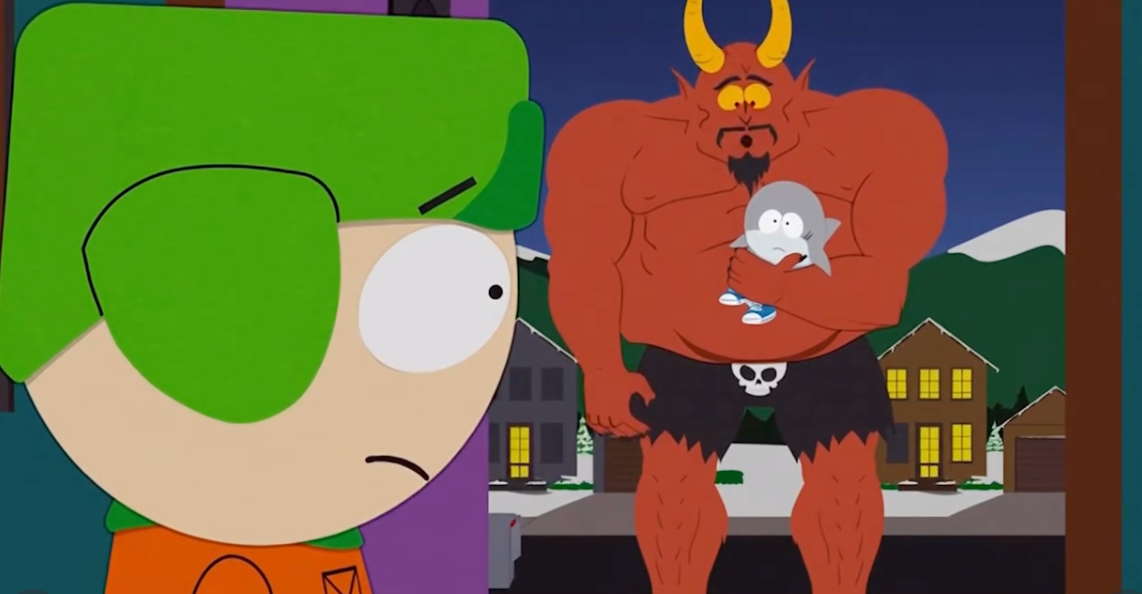
A new Christmas-themed episode of South Park is scheduled to air with a central plot in which Satan is depicted as preparing for the birth of an Antichrist figure. The premise extends a season-long narrative arc that has involved Satan, Donald Trump, and apocalyptic rhetoric, positioning this holiday episode as a culmination of those storylines rather than a stand‑alone concept.
Episode premise and season context
According to published synopses and entertainment coverage, the episode frames the Antichrist as part of a fictional storyline that blends religious symbolism with commentary on politics, media, and cultural fear. This follows earlier Season 28 episodes that introduced ideas about Trump fathering an Antichrist child and tech billionaire Peter Thiel obsessing over prophecy and end‑times narratives. The Christmas setting is presented as a contrast to the darker themes, reflecting the series’ pattern of pairing holiday imagery with controversial subject matter.
Public and political reactions
Coverage notes that some figures connected to Donald Trump’s political orbit have criticized the season’s portrayal of Trump and his allies, describing the show as relying on shock tactics rather than substantive critique. Commentators highlight that these objections are directed more at the depiction of real political figures and the show’s tone than at the specific theology of the Antichrist storyline.
At the time of reporting, there have not been widely reported, detailed statements from major religious leaders focused solely on this Christmas episode, though religion-focused criticism of South Park in general has a long history.
Media and cultural commentary
Entertainment outlets such as The Hollywood Reporter, Entertainment Weekly, Forbes, Slate, and USA Today describe the Antichrist arc as part of South Park’s ongoing use of Trump-era and tech-world politics as material for satire.
Viewer guidance and content advisory
South Park is rated TV‑MA and is intended for adult audiences due to strong language, explicit themes, and frequent use of religious and political satire. Viewers who are sensitive to depictions of Satan, the Antichrist, or parodies involving real political figures may find this episode particularly objectionable, while others may view it as consistent with the show’s long‑running approach to controversial topics. As with previous episodes, individual responses are likely to vary widely, and the episode is best understood as part of an ongoing satirical series rather than a factual or theological statement.
Entertainment
Sydney Sweeney Finally Confronts the Plastic Surgery Rumors
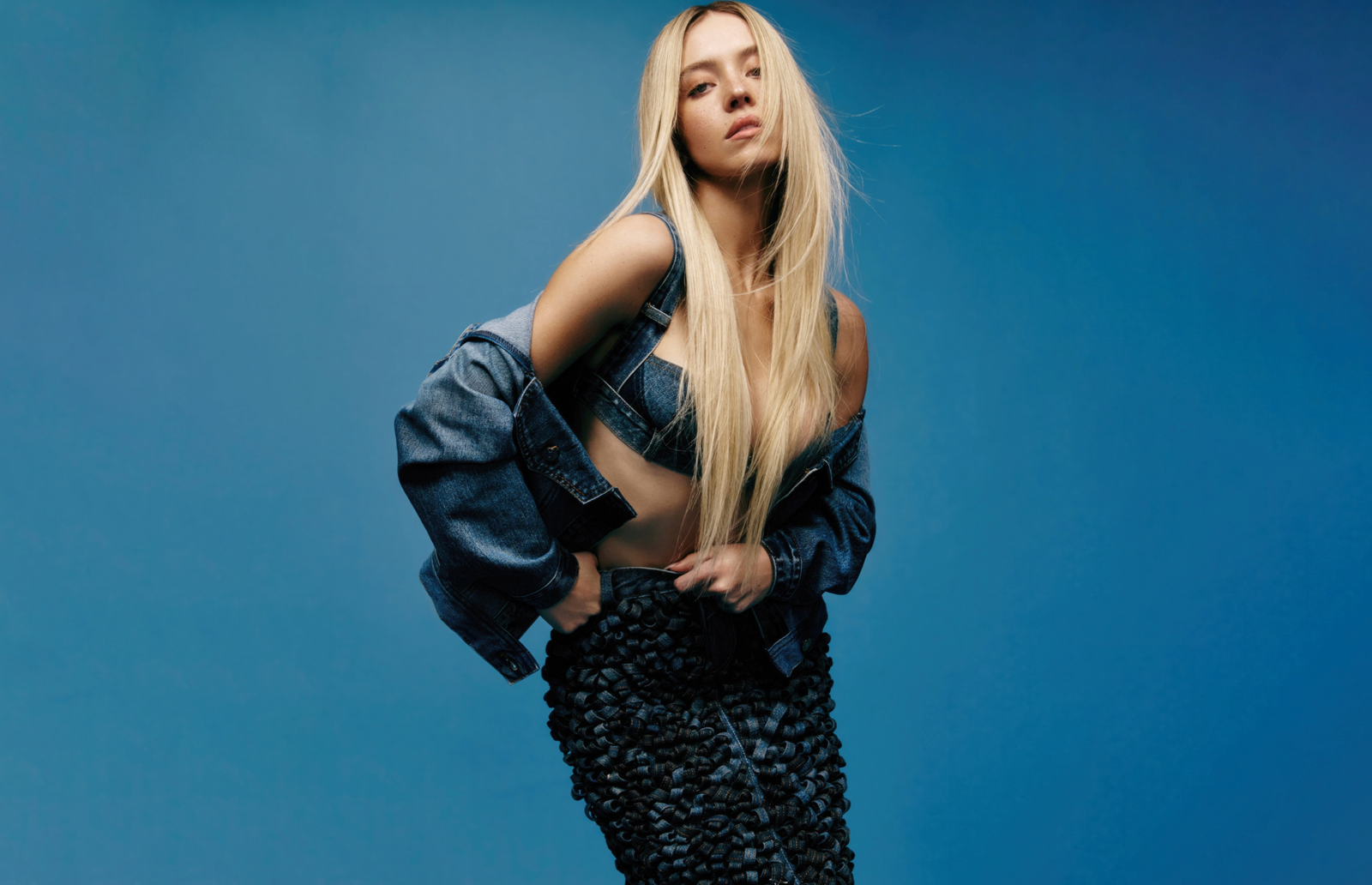
Sydney Sweeney has decided she is finished watching strangers on the internet treat her face like a forensic project. After years of side‑by‑side screenshots, “then vs now” TikToks, and long comment threads wondering what work she has supposedly had done, the actor is now addressing the plastic surgery rumors directly—and using them to say something larger about how women are looked at in Hollywood and online.

Growing Up on Camera vs. “Before and After” Culture
Sweeney points out that people are often mistaking normal changes for procedures: she grew up on camera, her roles now come with big‑budget glam teams, and her body has shifted as she has trained, aged, and worked nonstop. Yet every new red‑carpet photo gets folded into a narrative that assumes surgeons, not time, are responsible. Rather than walking through a checklist of what is “real,” she emphasizes how bizarre it is that internet detectives comb through pores, noses, and jawlines as if they are owed an explanation for every contour of a woman’s face.
The Real Problem Isn’t Her Face
By speaking up, Sweeney is redirecting the conversation away from her features and toward the culture that obsesses over them.
She argues that the real issue isn’t whether an actress has had work done, but why audiences feel so entitled to dissect her body as public property in the first place.
For her, the constant speculation is less about curiosity and more about control—another way to tell women what they should look like and punish them when they do not fit. In calling out that dynamic, Sweeney isn’t just defending herself; she is forcing fans and followers to ask why tearing apart someone else’s appearance has become such a popular form of entertainment.










